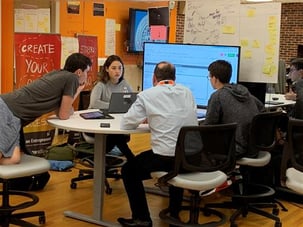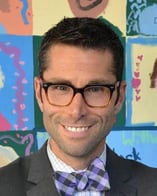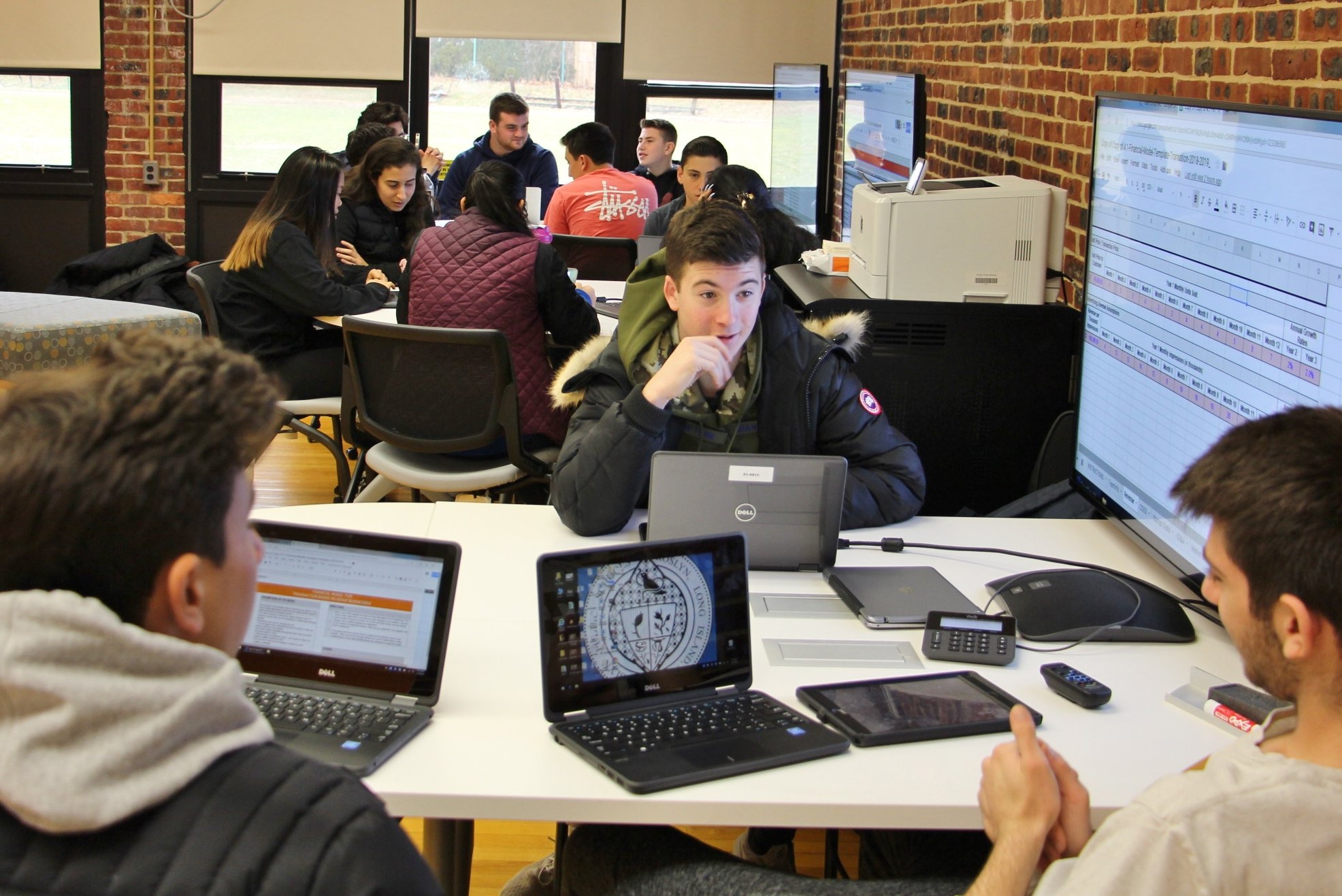Sobering Rates of 'Stopping Out'
In June, the National Student Clearinghouse Research Center released a sobering snapshot of college persistence: 1 in 4 students who started college in fall 2020 didn’t return the following year. It’s true that COVID-19 likely factored heavily into the decision-making for some students who didn’t return during that volatile time. But in the decade before the pandemic, the numbers weren’t much lower: anywhere from 24 to 28% of first-year enrollees stopped out. And that’s one reason why 39 million adults under 65 in the U.S. attended some college but have no credential to show for it.
39 million adults under 65 in the U.S. attended some college but have no credential to show for it. [REPORT]
Students who stop out of college after their first year do so for a host of reasons — everything from overwhelming student debt and lack of academic support to simply deciding to pursue a career pathway that requires no post-secondary credential. But as a district leader, I can’t help but wonder whether this trend is connected to our failure as educators to teach kids about “persistence” in the broadest sense of the word.
Are We Short-Changing Students?
About 20 years ago, I left a career on Wall Street to become a teacher. My path wasn't linear, instead following many twists and turns, with failures and some successes along the way. This is often true of people who switch careers, which in some ways proves my point. Schools in general give short shrift to equipping students with the skills to chart and navigate an uncertain pathway, particularly as it relates to dealing with and learning from failures.
In other words, our K-12 education system isn’t designed to teach children how to leverage hardships to their advantage. Adults are somehow expected to develop that skill on their own — if even they develop it at all.
It should come as no surprise that many students are ill-equipped to persist through difficult situations. During two decades in K-12 education, I’ve noticed that it has become increasingly difficult for high school kids to accept that failure and the need to pivot are inevitable parts of life. This was true in my tenure as a teacher and administrator in New York City, and it holds true in the high-achieving, forward-thinking Long Island district where I help lead, Roslyn Public Schools, which has a graduation rate of nearly 100% and where almost all graduates pursue higher education. Most students across the country are paralyzed by the concept of “failure,” so much so that they often limit themselves to courses, activities, sports or other opportunities where their success is essentially guaranteed.
“Failure is instructive. The person who really thinks learns quite as much from his failures as from his successes."
~ 20th-century education reformer, John Dewey
School districts across the nation devote millions of dollars each year to preventing failure in their schools. But as 20th-century education reformer, John Dewey said, “Failure is instructive. The person who really thinks learns quite as much from his failures as from his successes."
The Gift of Learning from Failure
Learning from failure and moving on is an especially important skill for young people on the cusp of entering college, where many find themselves facing new academic, social and cultural challenges. This begs a question: Are we giving K-12 students the skills they need to persist? Do our schools prepare them to navigate an uncertain world?
The relationship between persistence (both at college and in life writ large) and learning to embrace failure was one of the reasons we added student entrepreneurship education courses at our district’s high school. The curriculum from Uncharted Learning allows students to gain real-world experience in the relatively safe setting of a high school course — rather than the higher-stakes world of college or, in my case, Wall Street. Teams of students do the work themselves, from identifying a challenge in their community to finding investors who will help them get their solutions in the hands of consumers.
and learning to embrace failure was one of the reasons we added student entrepreneurship education courses at our district’s high school. The curriculum from Uncharted Learning allows students to gain real-world experience in the relatively safe setting of a high school course — rather than the higher-stakes world of college or, in my case, Wall Street. Teams of students do the work themselves, from identifying a challenge in their community to finding investors who will help them get their solutions in the hands of consumers.
Along the way, the student groups will inevitably make false assumptions and faulty products. But in class, these “failures” are not only understood, but they’re also expected. They regularly hear successful entrepreneurs and business leaders recount their most spectacular failures and how they used what they learned to fuel their next venture.
College persistence is a complex issue that requires a multi-pronged approach. Perhaps one solution is using entrepreneurship education to show students the real consequences of failure: growth, new-found insights, and resolve.
 Michael Goldspiel, a former sixth-grade teacher, is assistant superintendent for secondary education for Roslyn Public Schools in Long Island, New York. He's a champion of student entrepreneurship as a framework for building skills necessary for post-secondary success.
Michael Goldspiel, a former sixth-grade teacher, is assistant superintendent for secondary education for Roslyn Public Schools in Long Island, New York. He's a champion of student entrepreneurship as a framework for building skills necessary for post-secondary success.
